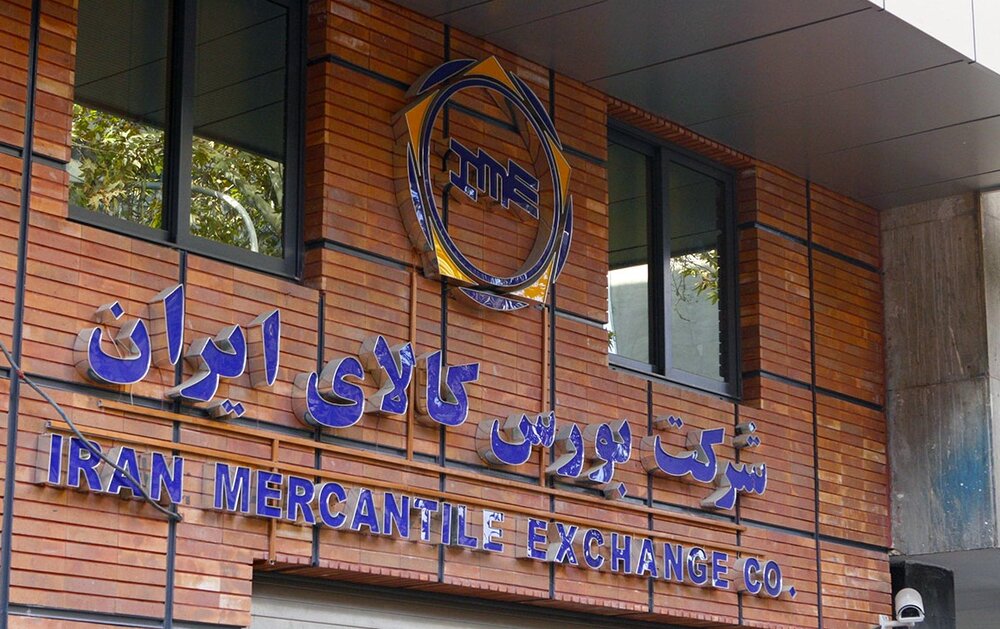IME to set up an separate hall for cement trades next week

TEHRAN- Iran Mercantile Exchange (IME) will set up a separate hall for the cement trades next week, the exchange’s director for market operation announced on Monday.
As the IME reported, according to this notification, from Saturday (September 25) all cement trades will be held separately in the dedicated cement hall in the total trading system (TTS) platform at 11:30 AM.
It is worth mentioning that following the announcement of the Ministry of Industry, Mining and Trade on banning the purchase and supply of cement outside the commodity exchange and determining the time for the presence of buyers and sellers of cement in the commodity exchange, the process of admission of cement companies and buyers of cement in the exchange accelerated.
From the beginning of the supply of cement in the commodity exchange, which dates back to June 30, a total of 10.74 million tons of cement were offered in the IME, which was accompanied by a demand of 12.196 million tons and at the end 8.785 million tons were traded.
The market of cement, which is one of the most important constructional materials, has witnessed huge turmoil in Iran in the current Iranian calendar year (began on March 21), that has been unprecedented in the history of production and consumption of this product.
The price of cement, that was 2.2 million rials (about $52.3) per ton at the beginning of the year, fell to 1.2 million rials (about $28.5) in a period of less than three months, which led to the closure of ready-mixed concrete production plants and the cessation of concrete pouring in the constructional projects, and these closures continue.
The reason behind this condition is said to be offering cement on Iran Mercantile Exchange, something arousing many debates.
Some experts and also those active in the cement market say that ordinary pricing for cement has always challenged producers, so this product is offered on the commodity exchange.
Gholamreza Shariati, a member of the parliament’s development committee, is one of those supporting this idea.
He says cement is one of the basic commodities that should be offered in the commodity exchange and get rid of government pricing. Market surveillance should replace dictatorial interference in commodity price trends.
Achieving transparency in trades is made possible by the supply of cement on the stock exchange, he believes.
Referring to the opponents of offering cement on the commodity exchange, the MP says, “Some profiteers who suffer from the transparency of the cement trading process are looking to create chaos in the market”.
On the other side, there are those opposing the offering of cement on the commodity exchange.
They say that the beginning of this strange crisis in the cement market was the arbitrary decision of cement factories to change the pattern of sales and listing cement on the commodity exchange.
The decision that according to the minister of transport and urban development, was made and implemented without observing the rules and regulations of the country, and despite the opposition of this ministry and even the market regulation headquarters, and the condition has not returned to its previous routine.
One of the cement distributers in Tehran city also criticizes the process of offering cement on the IME, saying, “Under no circumstances the ordinary people are able to enter the stock market. We arrive at the stock exchange early in the morning. The big investors buy the cement production line together and then sell it to us at several times the price; Only if we get a chance and the goods reach us.”
Such opponents say that although offering cement and also steel on the IME could have helped producers, housing builders and buyers by eliminating intermediaries, this remains a matter of concern so far.
It is said that the entry of cement into the stock market has been adopted and implemented without observing the rules and laws of the country.
MA/MA
